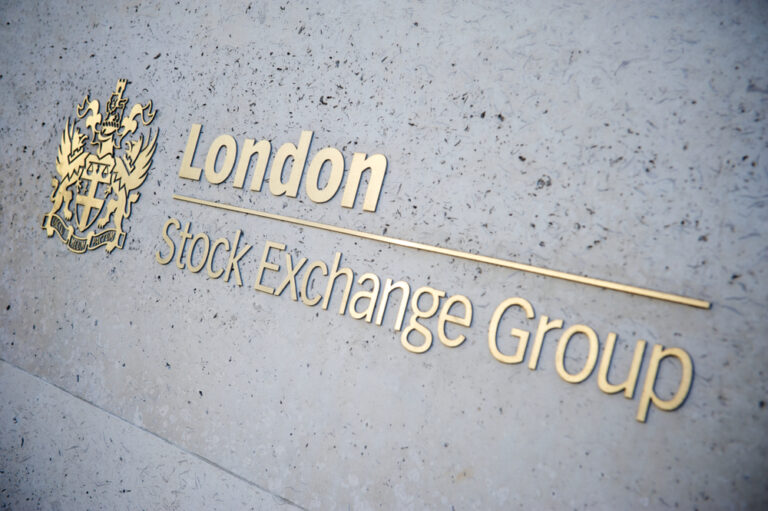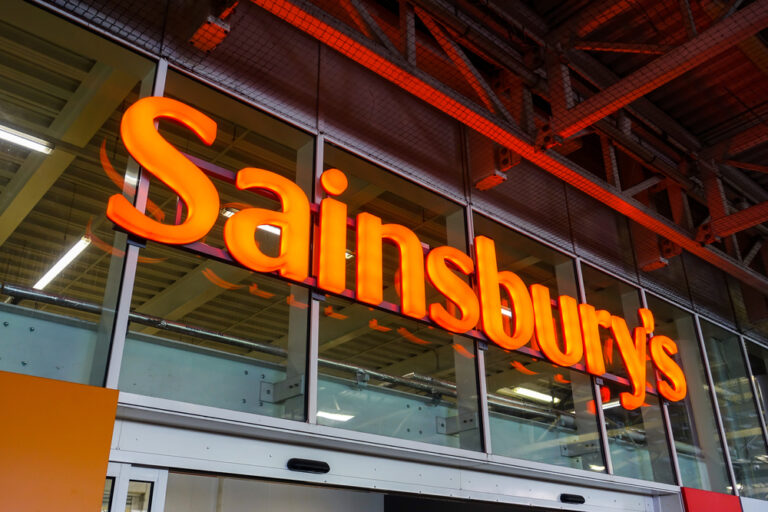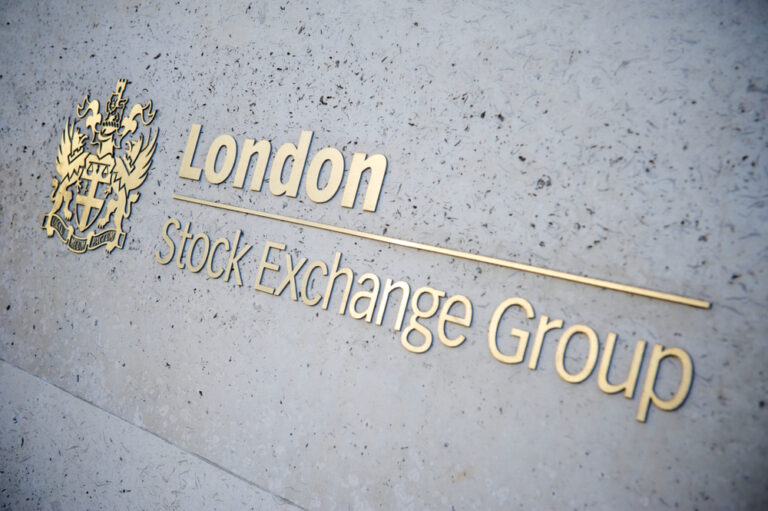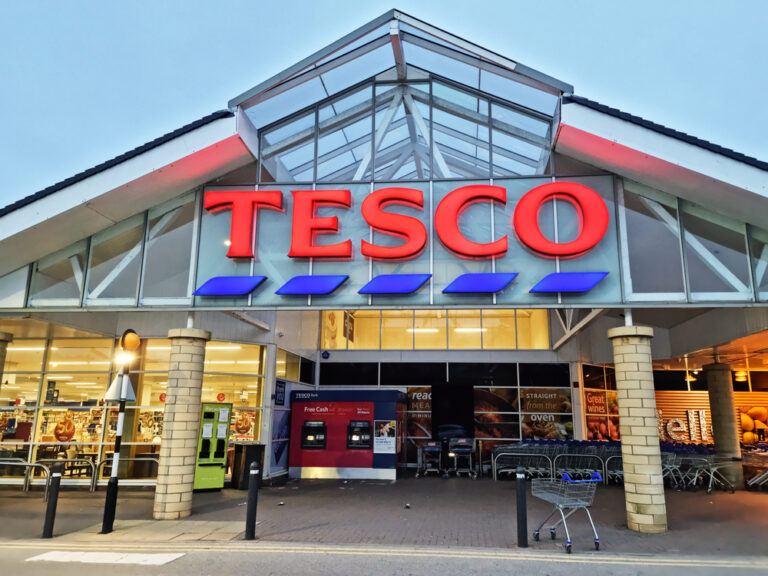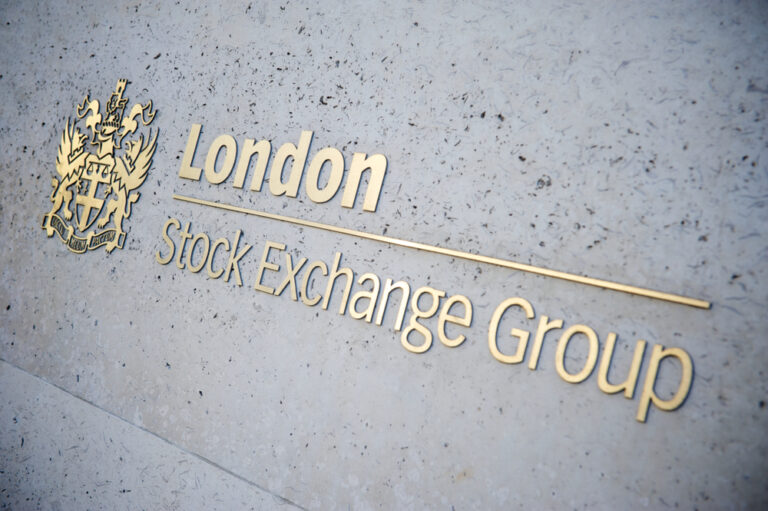The FTSE 100 rose on Friday as investors reacted to confirmation that Glencore and Rio Tinto were in talks to create the world’s largest mining company.
London’s leading index was trading 0.4% higher at 10,084 at the time of writing.
“The FTSE 100 solidified its position above 10,000 on Friday after a mixed week which has seen the index attain fresh record levels,” says AJ Bell investment director Russ Mould.
“The mining sector continues to be a plus point for the FTSE 100 with Glencore and Rio Tinto confirming talks about a merger which would create the world’s largest miner.”
Glencore and Rio Tinto confirmed on Friday that they had resumed merger talks to bring together the FTSE 100’s two largest mining groups, with a combined market value of £149bn.
“Details are thin on the ground, but a deal could see Rio scoop up some or all of Glencore’s assets. A full combination would create a global leader in multiple industrial metals including iron ore and transition metals such as copper, cobalt and lithium,” Derren Nathan, head of equity research, Hargreaves Lansdown explained.
Glencore shares rose 9% on the news while Rio Tinto fell 2%.
“The divergent share price reaction would suggest the market thinks Glencore would be the bigger beneficiary of a deal. A key driver for the merger is the scramble for copper given its role in electrification and constrained supply,” Mould said.
Merger talks helped boost the rest of the FTSE 100’s diversified mining sector, with Antofagasta adding 3% and Anglo American rising 2.4%.
Elsewhere, Sainsbury’s shares were down over 4% after the retailer released its festive trading numbers that revealed another poor period of trading for its general merchandise business.
Grocery sales rose 5.4% in 16 weeks to 3 January 2026 but General Merchandise and Clothing fell 1.1% over the same period.
Analysts see Argos poor performance over the Christmas period as the final nail in the coffin for the unit, with Sainsbury’s likely to seek a disposal to focus on its more successful food business.
“Sainsbury’s has essentially hung up the ‘for sale’ sign over Argos today, after the chain spoiled a decent set of numbers for the supermarket’s core business,” said Chris Beauchamp, Chief Market Analyst at IG.
“The move to buy Argos looks increasingly like a wrong turn and an unnecessary distraction, especially when competition with Tesco over food sales is poised to heat up once more. Sainsbury’s has more important things to worry about, so the future for Argos is almost certain to see it become the target for yet another bidder.”
Marks & Spencer continued its rally, sparked by yesterday’s trading update, with another 2% rise. AB Foods gained 1% as it recouped a small proportion of losses sustained yesterday after issuing a profit warning amid slow Primark sales.

